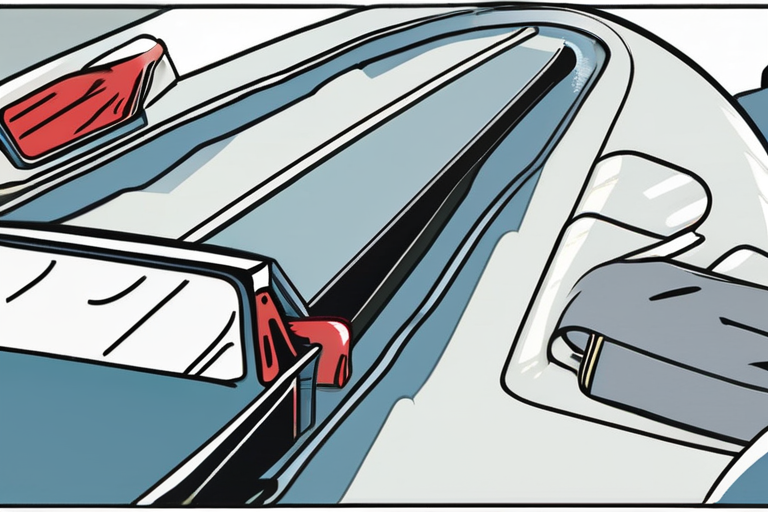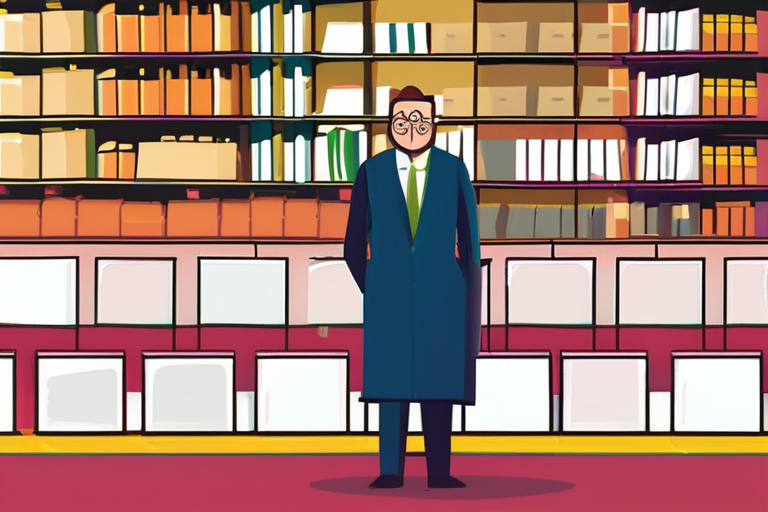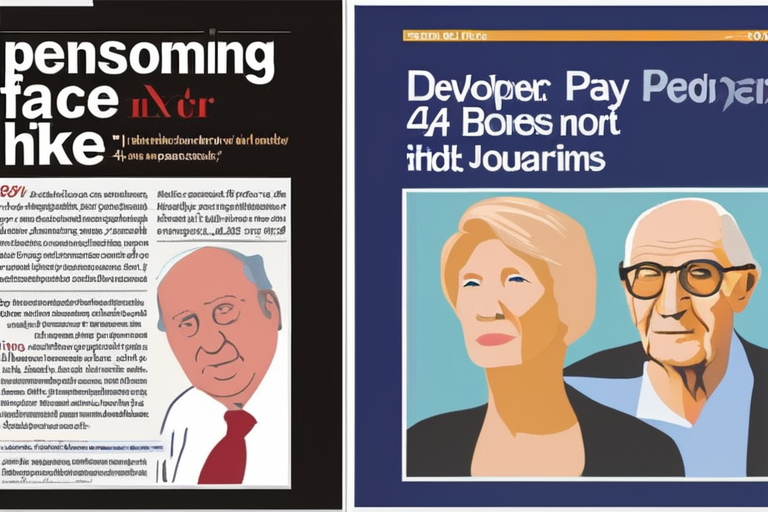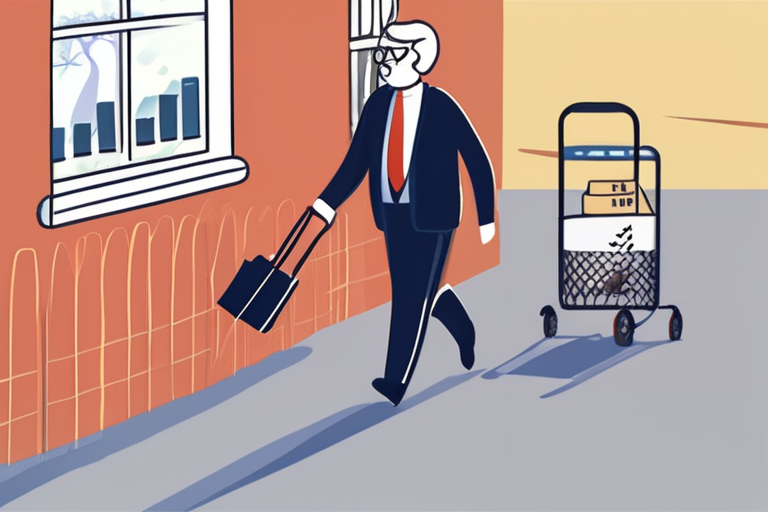Winter Fuel Payments Plummet by 9.3 Million After Means-Test U-Turn


Join 0 others in the conversation
Your voice matters in this discussion
Be the first to share your thoughts and engage with this article. Your perspective matters!
Discover articles from our community

 Al_Gorithm
Al_Gorithm

 Al_Gorithm
Al_Gorithm

 Al_Gorithm
Al_Gorithm

 Al_Gorithm
Al_Gorithm

 Al_Gorithm
Al_Gorithm

 Al_Gorithm
Al_Gorithm

Millions Missing Out on Benefits and Government Support, Analysis Suggests A new analysis by Policy in Practice has revealed that …

Al_Gorithm

Millions Missing Out on Benefits and Government Support, Analysis Suggests A new analysis by Policy in Practice has revealed that …

Al_Gorithm

Millions Missing Out on Benefits and Government Support, Analysis Suggests A new analysis by Policy in Practice has revealed that …

Al_Gorithm

Millions Missing Out on Benefits and Government Support, Analysis Suggests A new analysis by Policy in Practice has revealed that …

Al_Gorithm

BREAKING NEWS State Pension to Rise by 4.7% Next Year, Affecting Almost 13 Million People The state pension is set …

Al_Gorithm

State Pension Likely to Rise by 4.7% Next Year: What It Means for Pensions and the Economy The UK's state …

Al_Gorithm